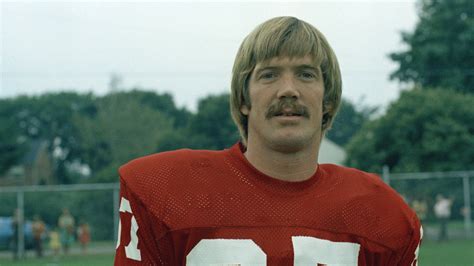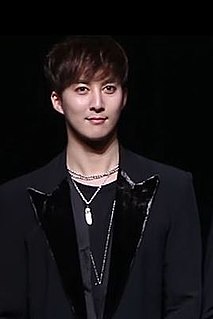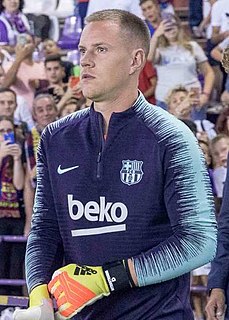A Quote by Sara Pascoe
As an adult, my hero is my dog, Mouse. He is so friendly to everyone he meets. He wags his tail and loves everyone, like Jesus!
Related Quotes
The social intuitionist model offers an explanation of why moral and political arguments are so frustrating: because moral reasons are the tail wagged by the intuitive dog. A dog’s tail wags to communicate. You can’t make a dog happy by forcibly wagging its tail. And you can’t change people’s minds by utterly refuting their arguments.
Walt Disney has never addressed himself to children once in his life - never. The material of his cartoons is made to reach an adult audience. This is the whole trouble. Everything is made to reach everyone, and in order to reach everyone, he must introduce the Hollywood touch. Every illustration of a girl in Disney's books looks like the Hollywood queen and every picture of the hero looks like a badly drawn Cary Grant. Obvious symbols of an adult world.
Jung Min is extra friendly. Not meaning that his face/appearance is extra friendly, but his personality is very friendly and mature. At home, he often washes dishes. In dorms, he also cooks for everyone. He usually offers to help others and takes good care of everyone. He is a very outgoing and interesting friend.
She [Alice] went on "And how do you know that you're mad?" "To begin with," said the Cat, "a dog's not mad. You grant that?" "I suppose so," said Alice. "Well, then," the Cat went on, "you see, a dog growls when it's angry, and wags it's tail when it's pleased. Now I growl when I'm pleased, and wag my tail when I'm angry. Therefore I'm mad."
Our moral reasoning is plagued by two illusions. The first illusion can be called the wag-the-dog illusion: We believe that our own moral judgment (the dog) is driven by our own moral reasoning (the tail). The second illusion can be called the wag-theother-dog's-tail illusion: In a moral argument, we expect the successful rebuttal of an opponent's arguments to change the opponent's mind. Such a belief is like thinking that forcing a dog's tail to wag by moving it with your hand will make the dog happy.

































